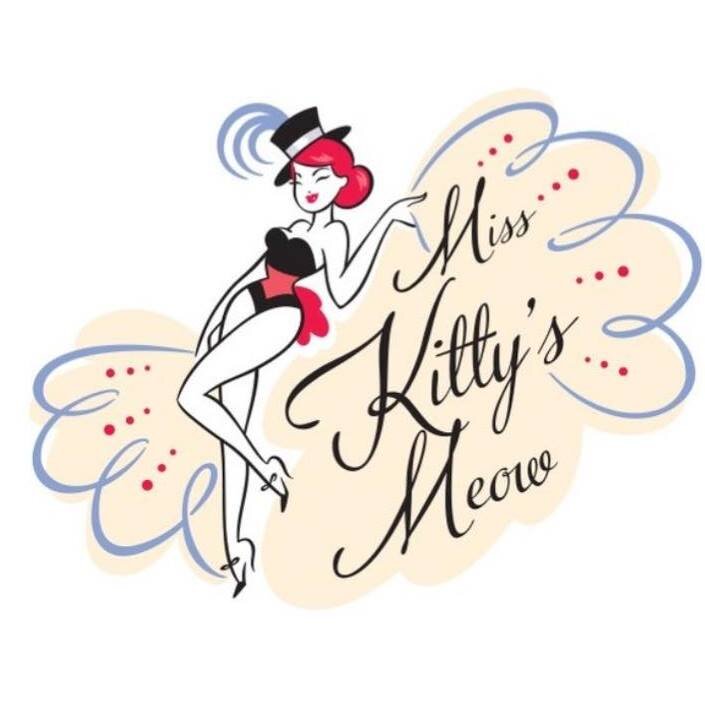How to Ask for Your Burlesque Fee (Without Feeling Awkward or Underpaid)
Whether you are new to burlesque or have been performing for years, you always deserve to be paid for your time.
And I don’t think it matters how much experience you have, the discussion about asking for a fee still feels terrifying!
If you want some tips from someone who has done the hard yards (hint, that’s me!) here are my top tips:
1. Understand what the industry fees are
Before you reply to a gig offer, be clear about:
The minimum industry fee (check the Media Entertainment and Arts Alliance l) OR your fee (the rate that reflects your experience and effort)
Any additional costs (travel, accommodation, props, music licensing, costumes)
There are minimum wages for burlesque performer under the award. While I’m pretty happy to be flexible if it’s a community show (that might be doing a door split or similar if they are starting out) it’s really important to stick to the award. Undercutting hurts everyone.
If you have more experience or you have asked to appear at a particular event, your fee might reflect that experience or incorporate expenses like travel and accommodation costs.
And if you aren’t sure if you are charging enough or the right amount, many performers don’t mind helping out. Ask a trusted mentor or teacher.
Your rate might change or reflect the type of show you are considering, but remember “exposure” won’t pay your rent and it is not appropriate.
2. Use a Professional, Direct Question
When an organiser contacts you, it’s perfectly fine to ask up-front:
“Thanks so much for thinking of me! Could you please let me know your budget for performers?”
If they ask you for a rate first, reply with confidence:
“My fee for a solo performance is $X, which includes [briefly outline what’s included].”
Just be clear about what it is. And remember it is okay to include travel fees if you are out of area.
If someone replies with a budget that is not reasonable, it is totally fine to politely say “Thanks so much for thinking of me. The award rate for performers is XXX for a 2 hour call as a minimum “
Unfortunately some people might ghost you or be a bit funny - but honestly, why would you want to do a gig for less than your worth?
3. Put It In Writing
You might be offered a contract to sign, but it’s not abnormal to be given an offer verbally or via email.
If you haven’t already, make sure you get a written confirmation (email or message) of:
The agreed fee
The number of acts/time you will be performing
Expected call times and expectations (e.g. staying for audience photos, curtain call)
Payment schedule, method of payment and due date
This protects everyone and prevents awkward misunderstandings later. And getting it in writing is really important.
4. Don’t Over-Explain or Justify
When you state your fee, resist the urge to launch into:
How long your costume took to make
How much your travel costs
The years of training behind your act
Those things do matter — but the moment you start defending your rate, you invite negotiation downwards. Your fee stands on its own.
5. Be Ready For “We Don’t Have Budget”
If the organiser can’t meet your minimum fee and it’s a gig you are interested in (maybe you just don’t want to say no), I would request a phone call, online meeting or face to face chat to have a discussion. It’s much harder for people to say no in these circumstances, rather than e-mail or message. You can always talk about what their expectations are - maybe it’s reducing the time they want you for, or working out what is essential to the event. I’ve definitely been in situations where someone thinks they might want you around for a full awards ceremony (which might be a 4 hour fee), but what they really need is you to appear for a performance. Or they really just need some roaming performers on arrival - not for a full event.
6. Charity gigs should still be paid
Unpopular opinion I know. But as artists we often get asked to perform at charity events and fundraisers. And I think - regardless of how worthy the cause - it’s a spot that needs to be paid.
As someone who worked in for -purpose organisations I can say that there is a budget for fundraising dinners or events. And no one would expect a venue to be free or for the food and drinks to be provided for free. So it’s totally fair that you be paid as an artist contributing to the event.
BUT…. if it’s a cause you really are passionate about, you can always donate your fee or a partial fee back to the organisation. This can be a nice compromise around setting an expectation that you - like everyone else - should be paid for your time and talent. And then you can make a decision if you want to financially contribute back to the organisation.
